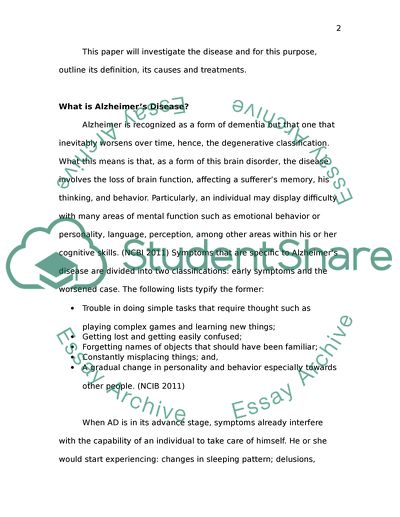Cite this document
(“The Alzheimers Disease and The Loss of the Self Essay”, n.d.)
The Alzheimers Disease and The Loss of the Self Essay. Retrieved from https://studentshare.org/health-sciences-medicine/1589134-on-the-complex-disease-alzheimers-disease
The Alzheimers Disease and The Loss of the Self Essay. Retrieved from https://studentshare.org/health-sciences-medicine/1589134-on-the-complex-disease-alzheimers-disease
(The Alzheimers Disease and The Loss of the Self Essay)
The Alzheimers Disease and The Loss of the Self Essay. https://studentshare.org/health-sciences-medicine/1589134-on-the-complex-disease-alzheimers-disease.
The Alzheimers Disease and The Loss of the Self Essay. https://studentshare.org/health-sciences-medicine/1589134-on-the-complex-disease-alzheimers-disease.
“The Alzheimers Disease and The Loss of the Self Essay”, n.d. https://studentshare.org/health-sciences-medicine/1589134-on-the-complex-disease-alzheimers-disease.


